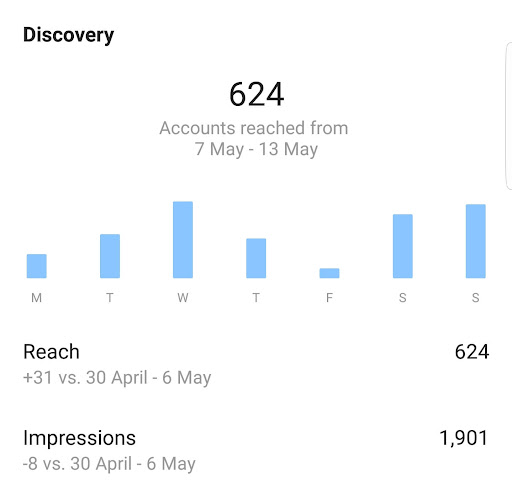Have you ever wondered why the same ads you distribute can yield different outcomes? Or why similar content performs better when posted on different days and times? The answer lies in various factors that determine the success or failure of your advertising campaign, and one crucial element is the usage of data.
A data-driven social media marketing campaign is when brands use Aktivate’s data and analytics tools to make informed decisions and improve their marketing on social media. They collect and analyse data to understand their audience and create targeted and personalised campaigns on social media platforms. By leveraging data insights, brands can optimise their social media efforts for better results.
Here are six vital steps involved in a data-driven marketing campaign:
Data gathering
data collection involves gathering relevant information about your target audience. This can include details like their age, location, interests, online behaviour, and social media usage. You can collect this data through methods such as conducting surveys, analysing website traffic, utilising customer relationship management systems, monitoring social media platforms, and leveraging data from third-party providers.

Data analysis
This is the process of examining collected data to find valuable insights. It involves looking for patterns, trends, and understanding customer preferences and behaviour. Techniques like data mining, predictive modelling, and segmentation are used to uncover these insights from the data.
Audience segmentation
Based on the analysis, this is when the audience is divided into smaller groups with similar characteristics and behaviours. This helps brands customise their messages, offers, and campaigns to meet the unique needs and preferences of each demographic.
Content planning and creation
Using insights from data analysis and audience segmentation, you can create a content strategy that connects with your target audience. This involves producing compelling and relevant content, such as posts, images, videos, and infographics, that aligns with your audience’s interests and preferences.
Personalization and targeting
With a segmented audience, brands can create personalised and targeted marketing messages and experiences. By leveraging data-driven insights, marketers deliver relevant content, product recommendations, and offers that connect with each segment. This increases engagement and conversions by providing a more tailored experience for the audience.
Performance measurement and optimization
Throughout the campaign, you track important metrics like engagement rates, click-through rates, conversions, and ROI. This data helps you evaluate the success of your social media marketing and make data-driven improvements. Based on the insights gained from data analysis, you can make adjustments to content, targeting, timing, or messaging to enhance campaign performance.

In summary, a data-driven social media marketing campaign empowers marketers to make informed decisions, deliver personalised experiences, optimise content and advertising, and drive engagement and conversions on social media. By effectively using data and analytics, marketers can achieve better results and connect with their audience more effectively.





